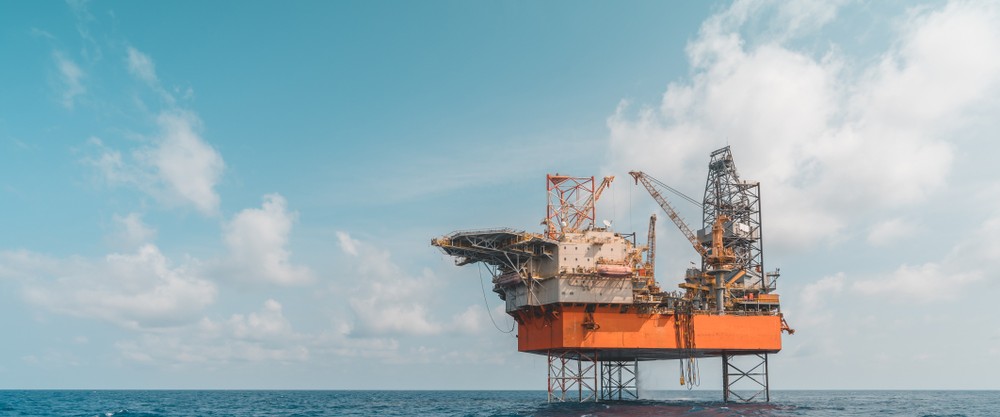
Algeria faces a critical juncture in its energy sector as it seeks to anticipate the decline of its conventional hydrocarbon reserves. Despite vast geological potential, the country struggles to translate its resources into large-scale production.
Speaking at the Africa & Mediterranean Energy & Hydrogen Exhibition and Conference (NAPEC 2025) in Oran, Sonatrach geophysicist Slimane Guellati highlighted Algeria’s “significant geological potential that is still underexploited,” particularly in offshore and unconventional hydrocarbons.
“These deposits could provide a solution to the depletion of traditional fields,” Guellati said, noting their strategic importance for sustaining Algeria’s status as an energy powerhouse. Yet, despite these promises, operational progress remains slow.
The biogenic gas reserves located off Algeria’s east coast, between Béjaïa and Skikda, are reportedly comparable to Egypt’s Zohr mega-field, estimated at nearly 30 trillion cubic meters of gas. However, no major offshore exploration program has yet been launched. Analysts point to high costs, limited technical expertise, and a shortage of international partners as obstacles to unlocking these resources.
The contrast with Egypt is stark. The Zohr field, discovered in 2015, enabled Cairo to become a net gas exporter within five years, largely through rapid engagement with international energy majors such as Eni and BP. Algeria, by comparison, remains constrained by a rigid decision-making framework and a heavily bureaucratic Sonatrach, while historical scepticism towards foreign involvement continues to limit the sector’s growth.
Algeria also sits on the world’s third-largest unconventional hydrocarbon reserves, behind China and Argentina. Yet the development of shale gas has remained politically sensitive since the 2015 protests in In Salah. Authorities cite concerns over water scarcity, environmental impacts, and public unrest in the South, leaving hydraulic fracturing off the agenda despite mounting pressure on conventional production.
Experts warn that without reforms, technical partnerships, and strategic investment, Algeria risks falling behind regional competitors in exploiting its offshore and unconventional energy potential. The challenge is clear: to transform geological promise into sustainable energy output while navigating political, social, and technical constraints.



